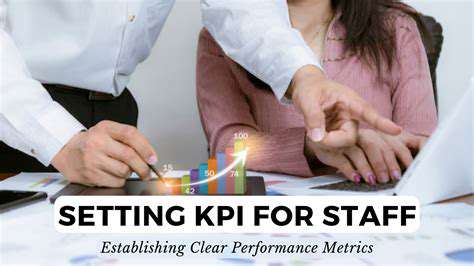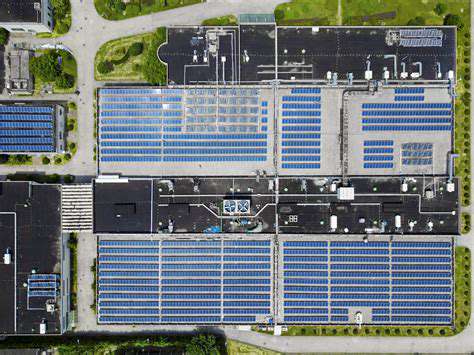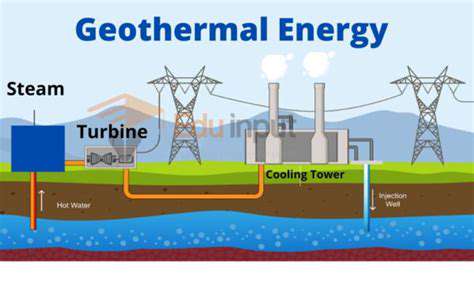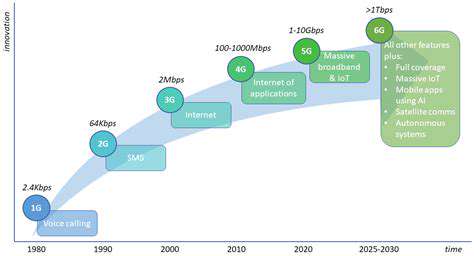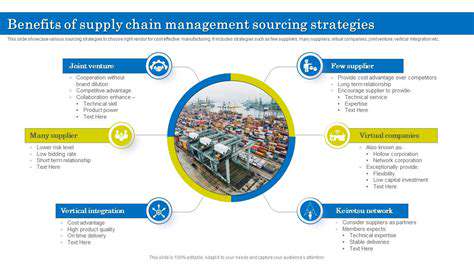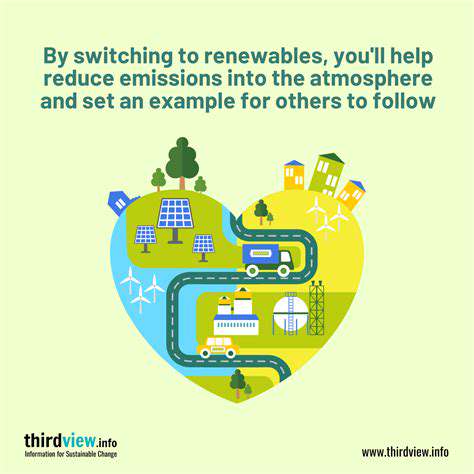Renewable Energy Certificates (RECs) and Their Role in Procurement
Renewable energy certificates (RECs) are a crucial component of the renewable energy market, representing the environmental benefits of generating electricity from renewable sources like solar, wind, and hydro. They essentially act as a verifiable proof that a specific amount of electricity was generated using renewable methods, allowing consumers to support sustainable energy without necessarily having to install renewable energy systems themselves.
Understanding the intricacies of RECs is vital for navigating the complex landscape of green energy. They are a key instrument in encouraging the growth of renewable energy installations across the globe.
Types of Renewable Energy Certificates
Various types of RECs exist, each associated with a specific renewable energy source. For instance, solar RECs track the environmental impact of solar energy production, while wind RECs measure the benefits of wind turbines. This diversity ensures that different renewable energy sources are recognized and rewarded.
How RECs Work
RECs are generated when renewable energy is produced. These certificates are then traded in a market, often through brokers or exchanges. This process allows consumers and businesses to purchase RECs to offset their electricity consumption, demonstrating their commitment to supporting renewable energy.
The value of RECs fluctuates based on supply and demand. This market-driven approach incentivizes renewable energy production and encourages the development of new projects. The dynamics of the market are crucial to understanding the complexities of the REC system.
Benefits of Using RECs
By purchasing RECs, consumers and businesses can support renewable energy development without necessarily having to install renewable energy systems directly. This is a practical way to achieve environmental goals. This approach is increasingly important in the transition to a more sustainable energy future.
Investing in RECs can contribute to reducing carbon emissions and promoting a cleaner environment. This indirect method of supporting renewable energy can be a significant step towards a more sustainable future.
Challenges and Limitations of RECs
One of the key challenges related to RECs is ensuring the verifiable origin and environmental impact of the generated energy. Robust tracking and verification systems are crucial to maintain the integrity of the market and avoid fraud.
Furthermore, the cost of RECs can fluctuate, potentially impacting the affordability of supporting renewable energy. Careful consideration of market dynamics is essential for achieving a balance between sustainability and affordability.
The Future of RECs in the Energy Landscape
The role of RECs in the broader energy transition is expected to grow significantly. With increasing global pressure to reduce carbon emissions, RECs are set to become an even more integral part of the energy market.
The future of RECs is tied to the broader adoption of renewable energy sources. As the transition progresses, RECs will continue to play a crucial role in driving investment and promoting sustainability in the energy sector.

How RECs Influence Energy Procurement Decisions
Understanding Renewable Energy Certificates (RECs)
Renewable Energy Certificates (RECs) are a crucial component of the renewable energy market, representing the environmental benefits of generating electricity from renewable sources. These certificates, often referred to as green tags or renewable energy credits, are issued to renewable energy generators for each megawatt-hour (MWh) of electricity they produce. Essentially, they act as a verifiable proof of renewable energy generation, allowing consumers and businesses to demonstrate their commitment to sustainable energy practices.
The Role of RECs in Energy Procurement
In the context of energy procurement, RECs allow businesses and individuals to procure renewable energy without necessarily owning or directly participating in the generation process. This indirect approach helps drive investment in renewable energy projects by creating a market demand for RECs, further incentivizing the development and deployment of clean energy sources.
RECs and Energy Portfolio Standards
Many jurisdictions have implemented energy portfolio standards (EPS) or similar regulations. These standards mandate that a certain percentage of electricity supplied to the grid must come from renewable sources. RECs play a vital role in meeting these standards. They act as a measurable way for utilities and energy providers to demonstrate compliance, allowing them to purchase RECs to fulfill their obligations, thereby supporting renewable energy development.
RECs and Carbon Footprint Reduction
By investing in RECs, consumers and businesses can actively reduce their carbon footprint. Instead of directly producing renewable energy, they can support its creation by purchasing RECs associated with renewable energy projects. This approach helps offset the carbon emissions associated with their energy consumption, contributing to a lower overall environmental impact.
Factors Affecting REC Prices
The market price of RECs is influenced by a variety of factors, including supply and demand, renewable energy project costs, government policies, and the overall market sentiment toward sustainability. High demand for RECs often translates to higher prices, while a surplus of RECs can lead to lower prices.
Verification and Transparency in REC Trading
To maintain market integrity and consumer confidence, RECs are typically verified by independent third-party organizations. This ensures that the certificates accurately reflect the renewable energy generation they represent. Transparency in the REC trading process is essential, providing clear details about the origin and verification of each certificate.
RECs and Consumer Choice
Consumers are increasingly aware of the environmental impact of their energy choices. RECs offer a tangible way to support renewable energy sources and reduce their carbon footprint. By choosing energy plans that include RECs, consumers can exercise their choice in aligning their consumption habits with their environmental values. This growing consumer awareness and demand for RECs continues to drive the market's growth and development.
Market Trends and Future Outlook for RECs
Market Trends in RECs
The renewable energy certificate (REC) market is experiencing a dynamic period, driven by growing environmental concerns and government policies promoting renewable energy adoption. Several key trends are shaping the market. Increased demand for renewable energy sources like solar and wind power is a significant driver, leading to a corresponding rise in the generation of RECs. This heightened demand, coupled with the growing recognition of the environmental benefits associated with RECs, is contributing to a positive outlook for the market. This demand often outweighs the supply, leading to price fluctuations and potentially higher REC costs for businesses and projects.
Additionally, innovations in renewable energy technologies are continually improving efficiency and reducing costs. This, in turn, can further stimulate the demand for RECs, as projects are more likely to be undertaken and generate RECs. Moreover, the market is witnessing a rise in the use of RECs for corporate social responsibility initiatives, as businesses increasingly seek to demonstrate their commitment to sustainability. This growing trend is a key driver for the REC market and suggests a continued positive trajectory.
Future Outlook for RECs
The future of RECs appears promising. Continued government support for renewable energy, through incentives and policies, is anticipated to remain a significant factor in driving market growth. The expanding global emphasis on sustainability and decarbonization is likely to further propel the demand for RECs. This is particularly evident in the growing interest from corporations and investors seeking to offset their carbon footprint and contribute to a greener future.
Technological advancements in renewable energy generation will contribute to a more efficient and cost-effective production of RECs. This could potentially lead to wider adoption of RECs and further integration of renewable energy sources into the energy mix. The market's evolution will likely involve increased transparency and standardization in REC trading to ensure greater market liquidity and predictability.
RECs and Carbon Offsetting
Renewable energy certificates (RECs) play a pivotal role in facilitating carbon offsetting initiatives. By linking the generation of renewable energy with the reduction of carbon emissions, RECs provide a verifiable mechanism to quantify and track the environmental benefits of transitioning towards cleaner energy sources. Businesses and individuals can purchase RECs to offset their carbon footprint, demonstrating a commitment to mitigating climate change and promoting sustainability.
RECs and Corporate Sustainability
Many corporations are recognizing the importance of RECs in achieving their sustainability goals. Integrating RECs into corporate strategies allows companies to demonstrate their commitment to environmental responsibility and reduce their carbon footprint. The acquisition of RECs can often be a vital component of a comprehensive sustainability strategy, aligning business practices with environmental objectives. This growing trend among corporations is expected to further propel market demand and drive innovation in the REC sector.
RECs and Policy Implications
Government policies are critical in shaping the REC market. Incentives and regulations designed to promote renewable energy adoption often directly impact REC demand and prices. Policy decisions regarding renewable portfolio standards (RPS) and carbon pricing mechanisms can greatly influence the market's trajectory. The ongoing development and implementation of these policies will have a profound impact on the future of the REC market and its ability to drive environmental progress. Stable and predictable policies are essential to encourage investment and long-term market growth.
RECs and Market Volatility
While the overall outlook for RECs is positive, the market can be subject to volatility. Factors such as fluctuations in energy prices, changes in government policies, and shifts in market demand can influence REC prices. Understanding these potential sources of volatility is crucial for market participants to effectively manage risk and make informed decisions. Diversification and a thorough understanding of market dynamics are important for navigating this dynamic landscape and ensuring long-term success in the REC market.
